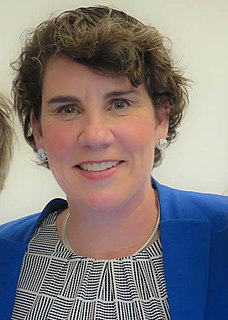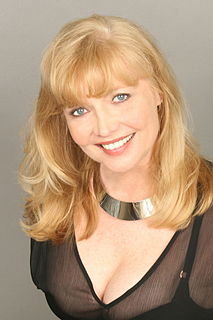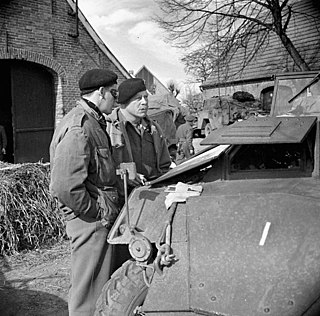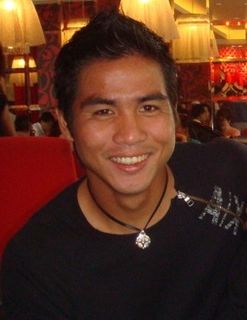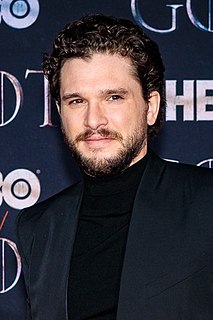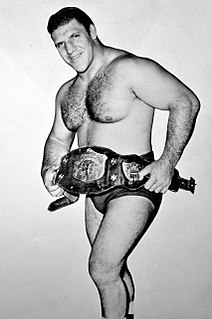A Quote by Katie Pavlich
But I'm a daughter of the American revolution, my grandpa fought in World War II, I have lots of family members who were in the military, and it really just was part of growing up for me.
Related Quotes
I'm a Veteran. I was in the Navy, in the submarine corps. I come from a military family. Both of my grandparents were in World War II and retired as officers. One fought in the Pacific and one fought in Europe. The whole family was in the war. I grew up exposed to it and hearing the stories, but the stories I heard weren't kind of the whole "Rah, rah, rah! We saved the world!" They were about the personal price and the emotional price.
I think in many ways, the Spanish Civil War was the first battle of World War II. After all, where else in the world at this point did you have Americans in uniform who were being bombed by Nazi planes four years before the U.S. entered World War II? Hitler and Mussolini jumped in on the side of Francisco Franco and his Spanish nationalists, sent them vast amounts of military aid, airplanes, tanks - and Mussolini sent 80,000 ground troops as well - because they wanted a sympathetic ally in power. So I think it really was the opening act of World War II.
In every major war we have fought in the 19th and 20th centuries. Americans have been asked to pay higher taxes - and nonessential programs have been cut - to support the military effort. Yet during this Iraq war, taxes have been lowered and domestic spending has climbed. In contrast to World War I, World War II, the Korean War and Vietnam, for most Americans this conflict has entailed no economic sacrifice. The only people really sacrificing for this war are the troops and their families.
Because the US has control of the sea. Because the US has built up its wealth. Because the US is the only country in the world really not to have a war fought on its territory since the time of the Civil War ... Therefore we can afford mistakes that would kill other countries. And therefore we can take risks that they can't ... the core answer to why the United States is like this is we didn't fight World War I and World War II and the Cold War here.
However, there is a fundamental difference between the issue related to Japan's history and our negotiations with China. What is it all about? The Japanese issue resulted from World War II and is stipulated in the international instruments on the outcomes of World War II, while our discussions on border issues with our Chinese counterparts have nothing to do with World War II or any other military conflicts. This is the first, or rather, I should say, the second point.
Growing up in the U.S., I was certainly deeply aware of the power of American media, specifically Hollywood and television, in terms of broadcasting a particular vision of what the American experience was like. As someone coming from a war that was a preoccupation of Americans in the 1980s, it did strike me that since we were a part of that war, we should have a chance to talk about ourselves.
Growing up after the Second World War in a Jewish family, I really understand that, and have members of my family who are very committed to this concept. My grandfather's first name was Israel and he thought it was his country. In my own sense of this issue as an American Jew, I have been on both sides of this. At this point I think it is very important for there to be separation of religion and state. It's not good for Jews. It's not good for Muslims. It's not good for Christians. The marriage of state and religion is inherently problematic.
My parents didn't have a lot of money when I was growing up. We were comfortable, but I didn't go to Oxbridge, and yet every American interviewer I get says to me, 'You're related to Charles II! Your grandfather was a baronet!' And it's infuriating, because that is a part of my history, but you're trying to turn me into a posh boy, and I'm not.


